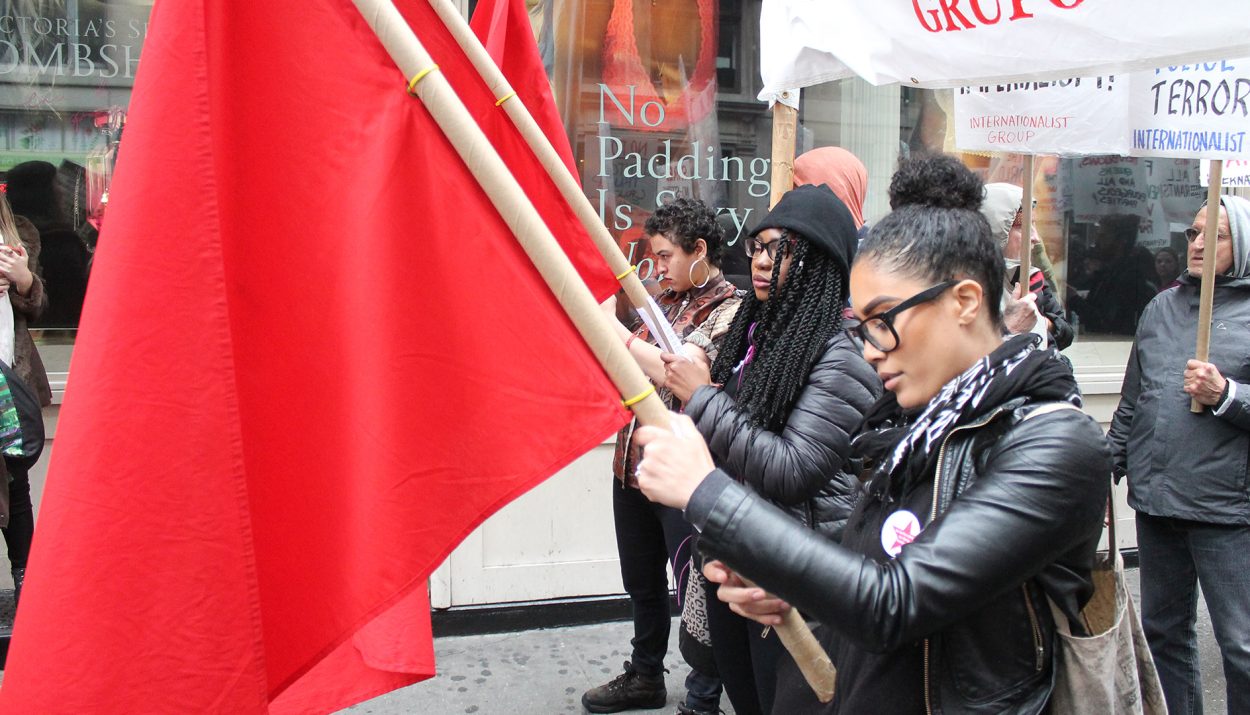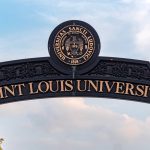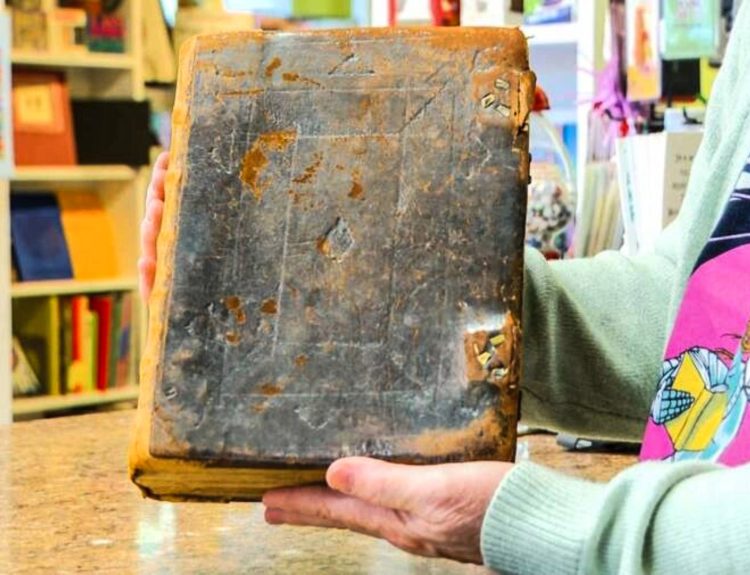In a recent legal development, a New York appeals court has struck down a law allowing non citizen residents to vote in local elections. The 2-1 ruling determined that the law violates provisions in the state constitution limiting voting rights to citizens.
The decision comes after months of legal battles between supporters of noncitizen voting rights and opponents who argue it unlawfully dilutes the votes of citizens. With implications for voting rights and representation, this ruling will likely not mark the end of debates on the issue.
Court Ruling
On October 5, 2022, the New York Appellate Division, Second Department ruled that Local Law 11, which would have allowed noncitizens to vote in New York City elections, violated the New York State Constitution and Municipal Home Rule Law.
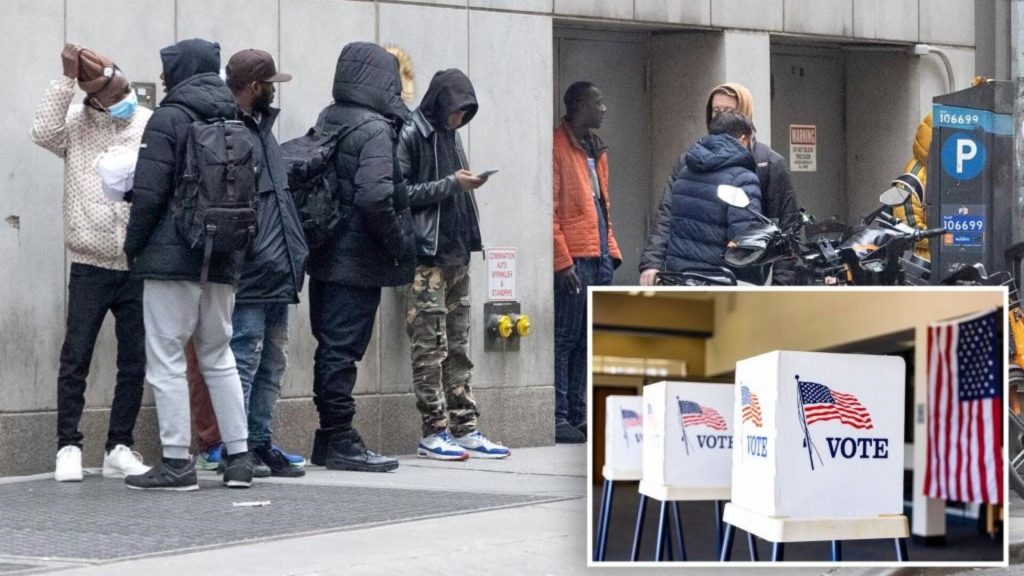
In a 3-1 decision, the appellate court determined that the state constitution reserves voting rights for citizens alone. Additionally, the court found that changes to local election laws require approval through a voter referendum, not legislation alone.
Implications of The Supreme Court Ruling
The appellate court’s decision halts the implementation of Local Law 11. Had the law taken effect, it would have granted voting rights in mayoral, city council, and other municipal elections to green card holders and immigrants with work authorization, a population of about 800,000.
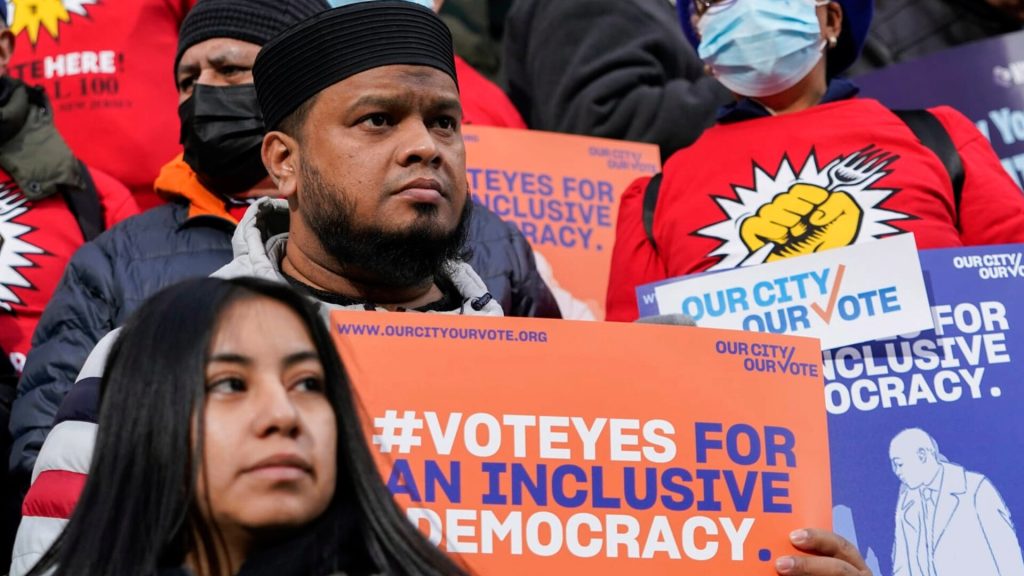
The law was championed by progressive city council members and Mayor Eric Adams, who aimed to make New York City’s political process more inclusive. With the court ruling, New York City’s voting population remains limited to citizens alone.
History of the Law
In January 2022, the New York City Council passed Local Law 11, which granted legal permanent residents, including those with green cards, the right to vote in local elections for positions such as mayor, public advocate, and city council member.
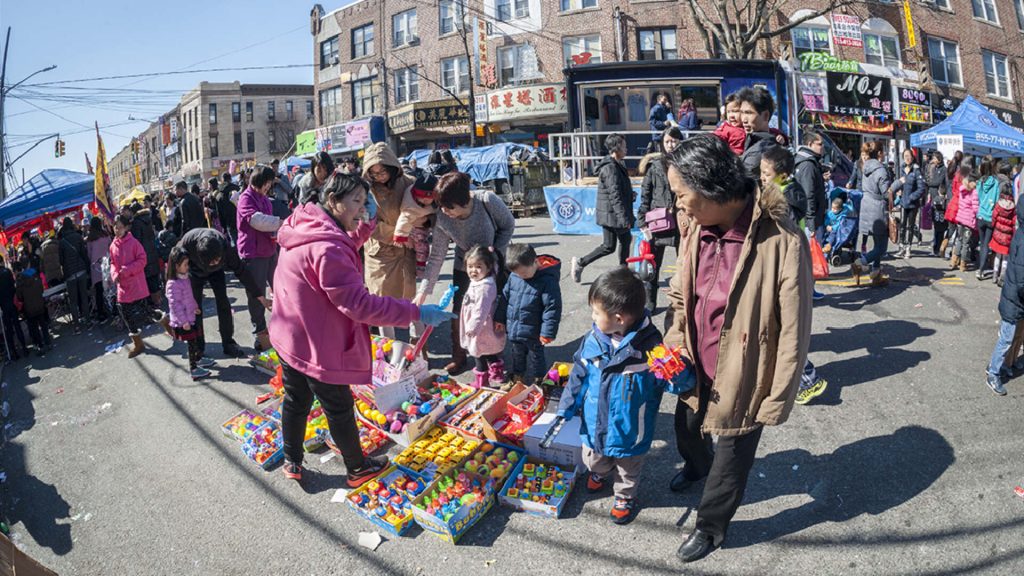
The law would have allowed nearly one million noncitizens to participate in New York City’s electoral process. The law immediately faced legal challenges from Republican elected officials and lawmakers. They argued that the law violated the New York State Constitution, which specifies that “every citizen shall be entitled to vote.”
Voting Rights for Legal Permanent Residents
The law, known as Local Law 11, would have granted legal permanent residents, including those with green cards, the right to cast ballots in mayoral, public advocate, comptroller, City Council and borough president elections.
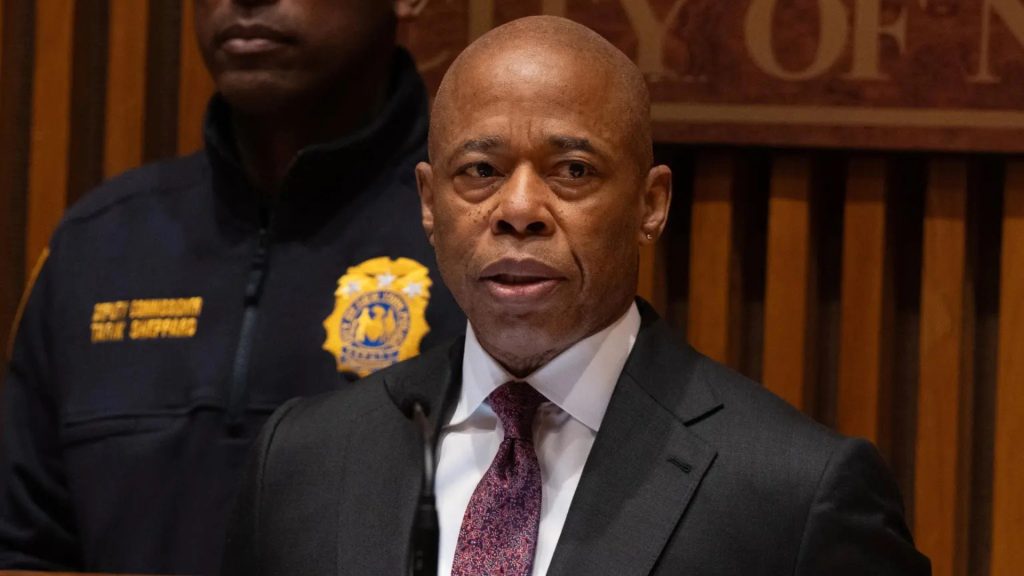
According to court documents, the law aimed to remedy the contradiction between calling many immigrants ‘essential’ to New York City’s economy and society but denying them a voice in local elections. To implement the law, the New York City Board of Elections planned to set up a separate voter registration system for legal permanent residents to register as “municipal voters.”
Criticism and Legal Challenge
However, the law faced staunch criticism and a legal challenge shortly after taking effect in January 2022. Opponents argued that the law was unconstitutional and improperly changed voting qualifications without a mandatory referendum.
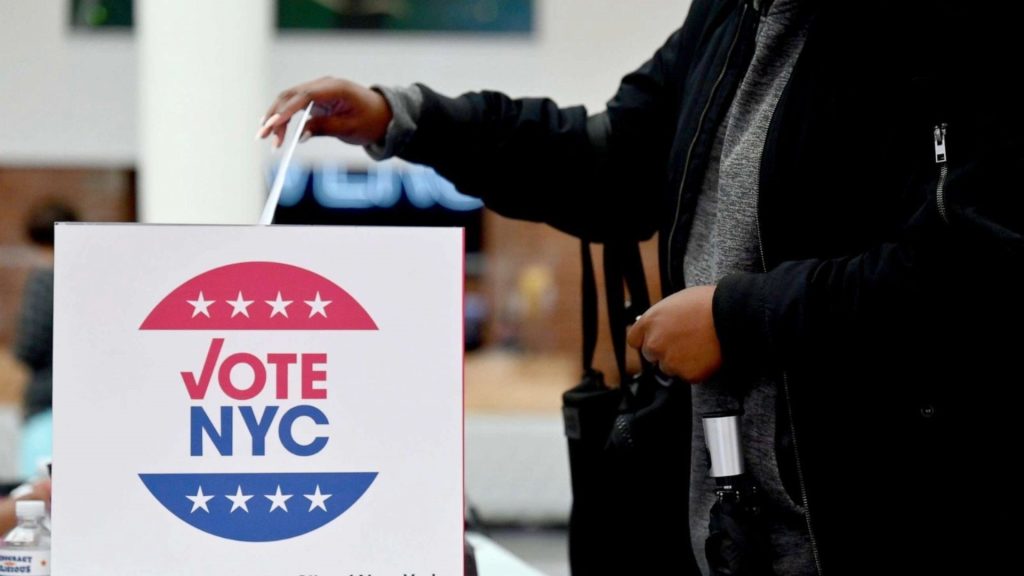
In June 2022, a Staten Island judge struck down the law, and the majority appellate court opinion affirmed this decision. The court ruled that the state constitution’s clause allowing “every citizen” to vote refers exclusively to U.S. citizens. The court also determined that changes to elections require a voter referendum under state law.
Legal Arguments Against the Law
Opponents of Local Law 11 argued that allowing noncitizens to vote in municipal elections violated the New York State Constitution and state election law. According to the state constitution, “every citizen shall be entitled to vote,” indicating that voting rights are reserved exclusively for citizens.
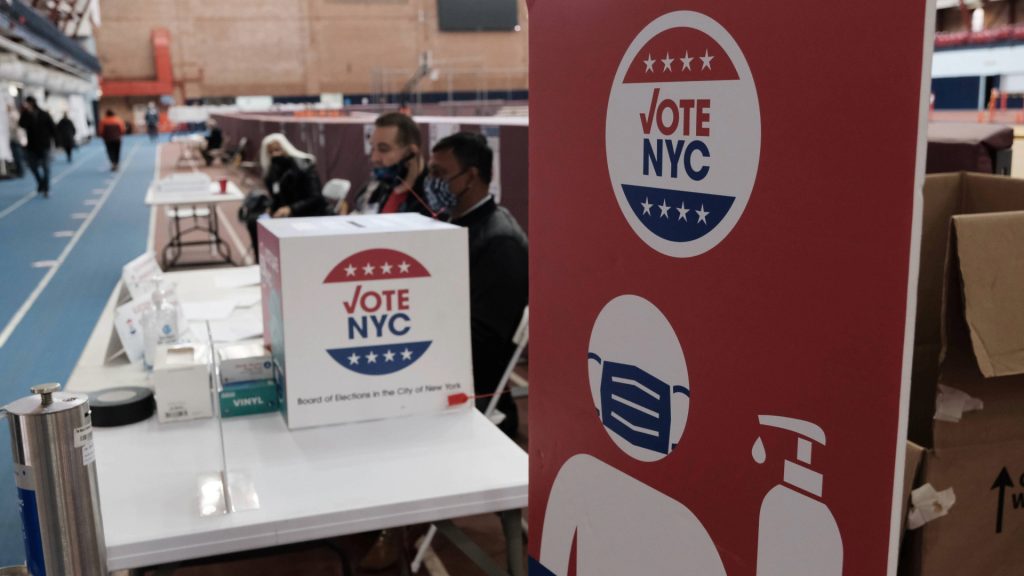
Additionally, the Municipal Home Rule Law requires any changes to local election laws to be approved through a voter referendum, rather than legislation alone. In a statement, Borelli said, “This was an easy case. All they had to do was read the state constitution and municipal law. The criticism falls on the proponents of the bill.”
Appeal and Final Ruling
The city filed an appeal against the lower court’s decision in New York’s Appellate Division for the Second Judicial Department. However, in a 3-1 decision issued in December 2022, the appellate court upheld the initial ruling.
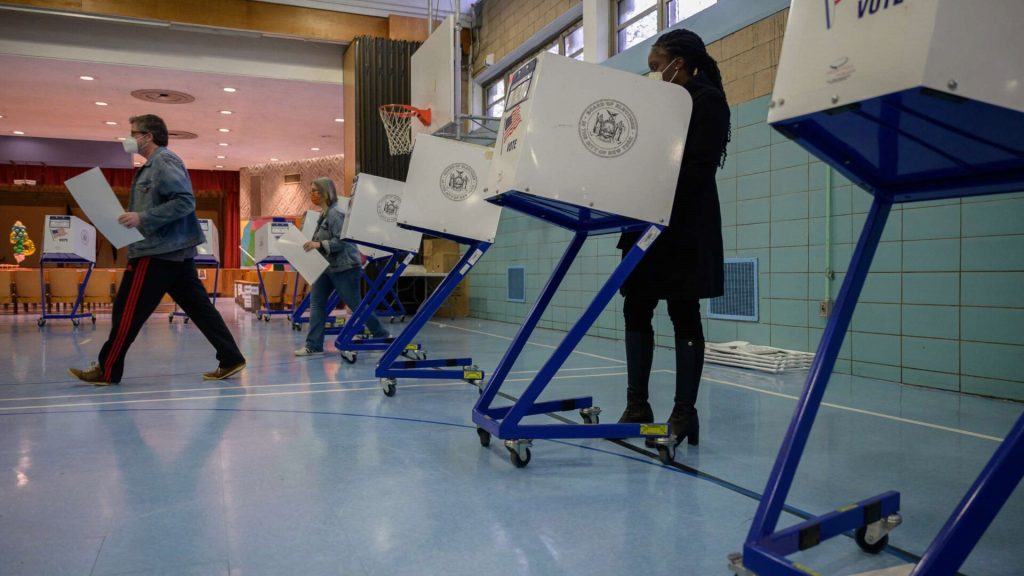
In the majority opinion, the justices wrote, “The enactment of the Local Law without a referendum improperly obviates the fundamental right of the voters to participate in the electoral process.” The court found that the law violated both the state constitution and Municipal Home Rule Law.
Proponents Argued the Law Expanded Voting Rights
Proponents of Local Law 11 argued that it expanded voting rights to nearly one million New York City residents who pay taxes and are otherwise lawfully present. They contended that legal permanent residents deserved representation in the local political process.
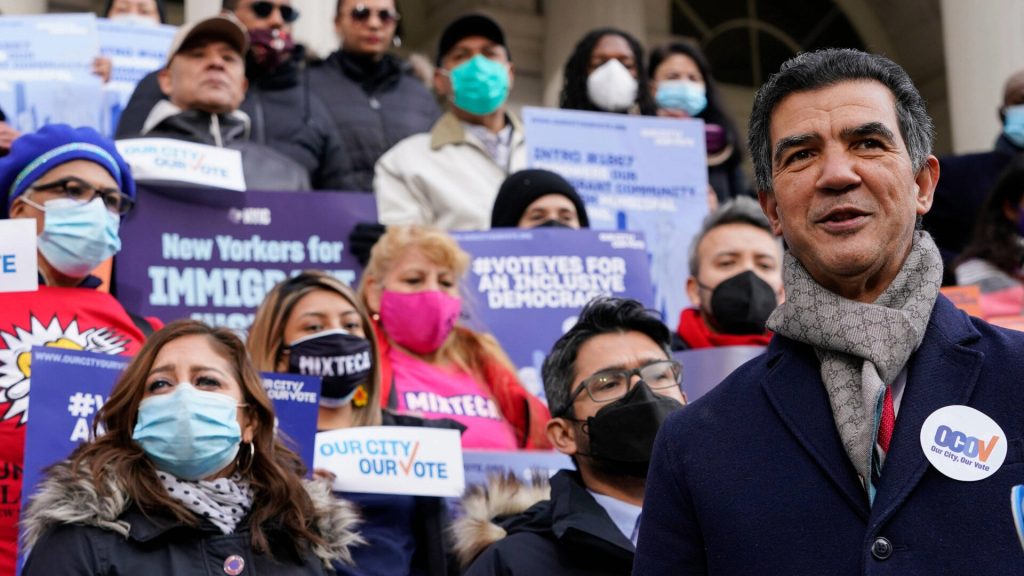
Supporters noted the law would have remedied the contradiction between deeming many immigrants “essential” to the city’s economy and society but denying them a voice in choosing their representatives and policies.
Opponents Claimed the Law Was Unconstitutional
Opponents argued that Local Law 11 violated the state constitution by allowing noncitizens to vote and changed how local elected officials attain office without a referendum.
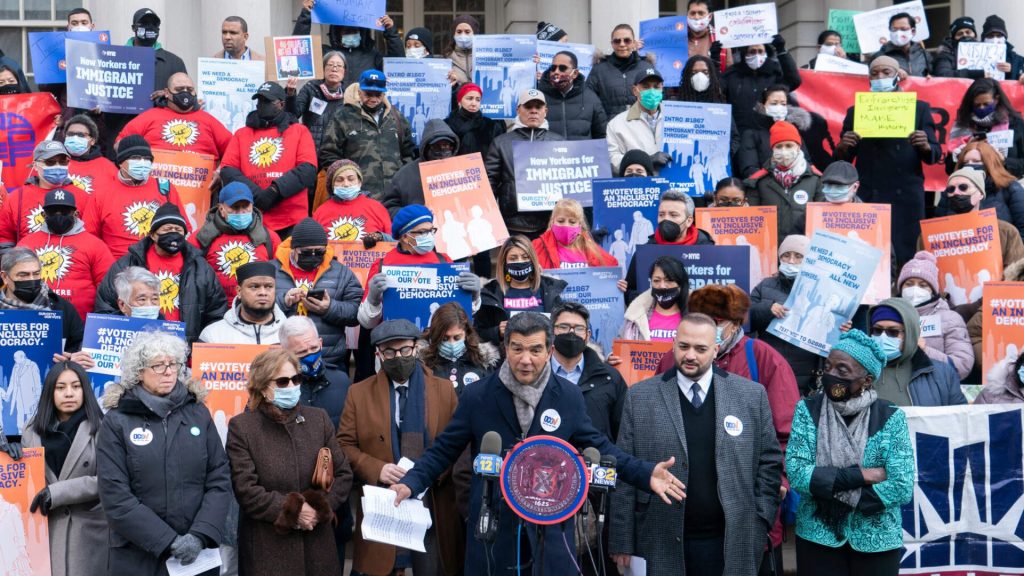
They asserted the clause in the constitution limiting voting rights to citizens barred expanding the franchise to noncitizens. Critics also said the law improperly allowed the city council to change election law without voter approval as required under Municipal Home Rule Law.
Supporters Said the Law Strengthened Local Control
Proponents contended that nullifying the law infringed on home rule powers of municipalities to govern their elections. They argued that the decision disenfranchised nearly one million city residents and limited the city’s self-determination.
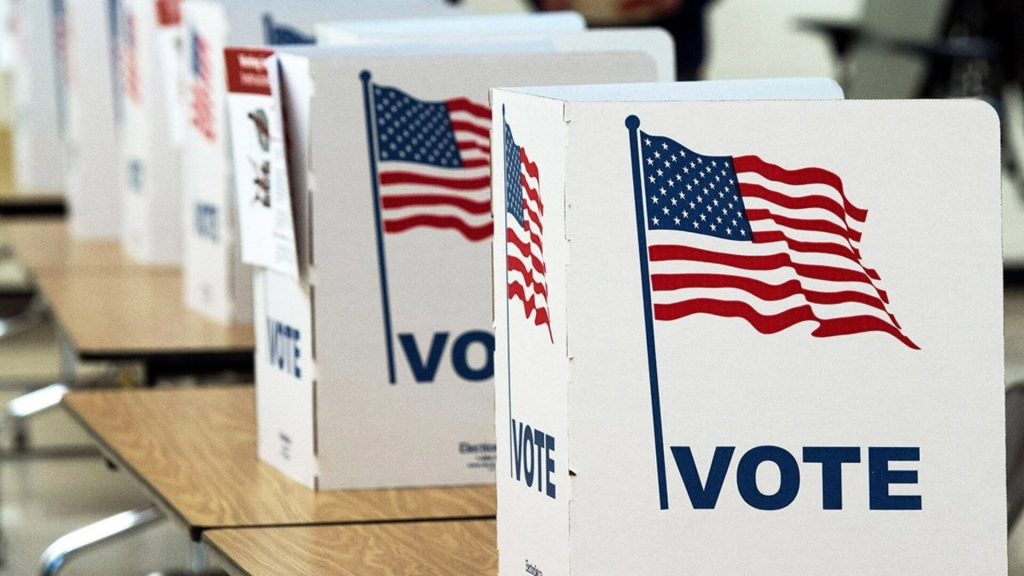
Supporters said the court ruling prevented localities across the state from choosing who could participate in their elections. While supporters have vowed to appeal, the path forward remains unclear given the charged political environment.
The Appeals Court Ruling Explained
The Appellate Division for the Second Judicial Department in New York ruled that Local Law 11, which would have granted legal permanent residents in New York City the right to vote in local elections, violated the state constitution and Municipal Home Rule Law. The three-justice majority opinion stated that the New York State Constitution specifies that “every citizen shall be entitled to vote…” refers exclusively to United States citizens.
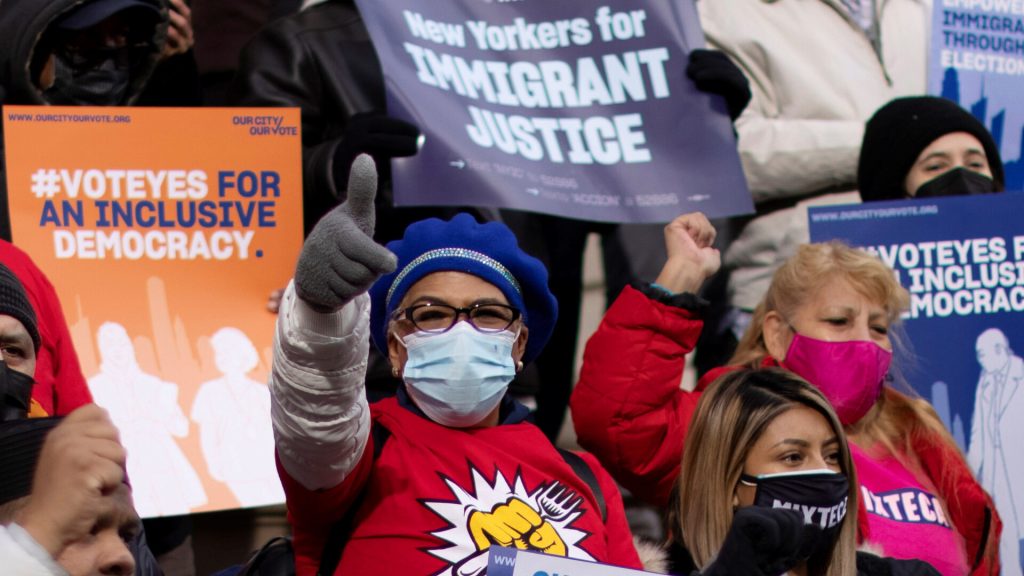
The justices also determined that the Municipal Home Rule Law requires changes to elections must be approved through a voter referendum, not legislation. The court found that enacting Local Law 11 through the city council rather than a ballot initiative “improperly obviates the fundamental right of the voters to participate in the electoral process”.
No Prohibitation of Extending Voting Rights
Dissenting Justice Sylvia O. Hinds-Radix argued in her opinion that the state constitution does not expressly prohibit municipalities from extending voting rights to non-citizens in local elections. She also stated that the Municipal Home Rule Law does not require voter approval for legislation that expands rather than restricts voting rights.
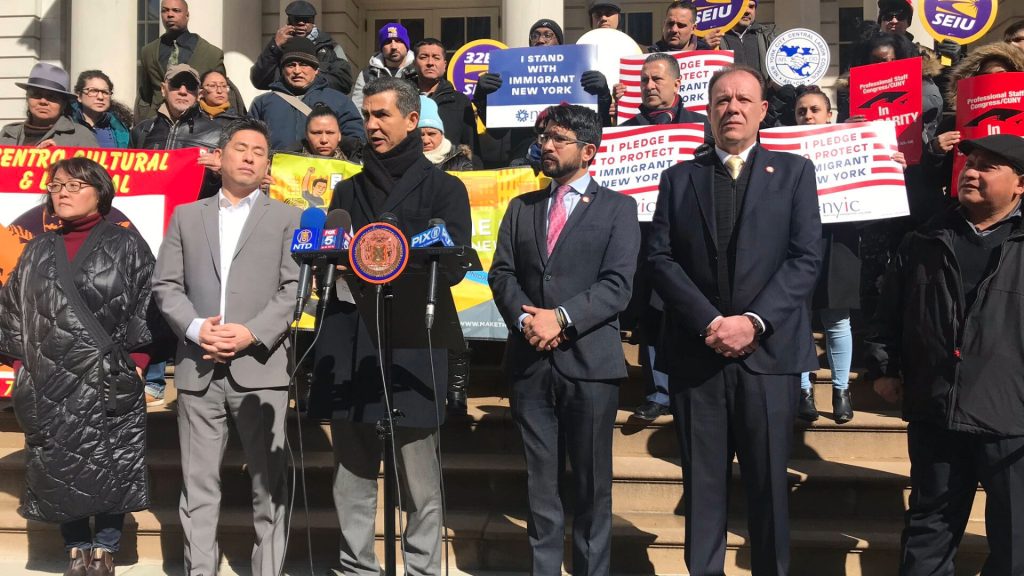
Opponents of Local Law 11, including Republican elected officials, applauded the majority opinion. They argued that allowing hundreds of thousands of noncitizens the right to vote could undermine the democratic process. Supporters of the law, including immigrant advocates, said it gave many long-term residents a voice in the politics of the city they call home.
Negative Reactions to The Court’s Decision
The New York State appellate court’s decision to overturn Local Law 11, which would have granted noncitizens the right to vote in New York City elections, elicited a mix of reactions. Proponents of the law expressed disappointment in the ruling and vowed to explore further legal options to advance their cause.
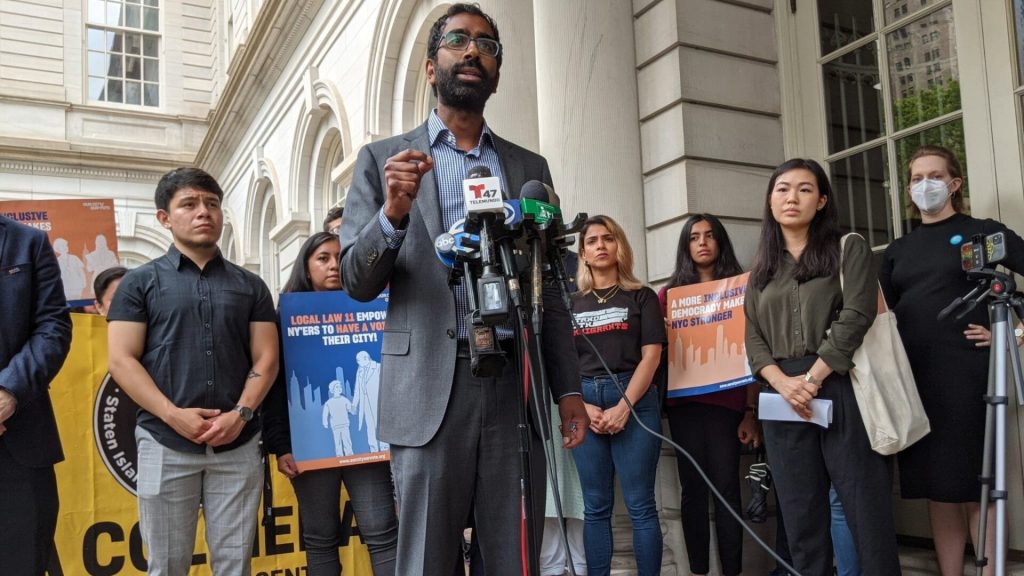
“The right to vote extended by Local Law 11 presented an opportunity to remedy the contradiction between calling many immigrants ‘essential’ to our economy, essential to our workforce, essential to our society,” said Cesar Ruiz, an attorney representing residents who would have gained voting rights under the law. Ruiz stated that he and his clients planned to evaluate how best to proceed following the court’s decision.
Positive Reactions to The Court’s Decision
Opponents of the law, on the other hand, praised the court for upholding the state constitution and protecting citizens’ voting rights. “You can’t just on a whim say, ‘Alright now we’re going to allow hundreds of thousands of people, even though they are noncitizens, the right to vote and choose in local municipal elections,” argued Vito Fossella, the Staten Island borough president who sued to block the law.
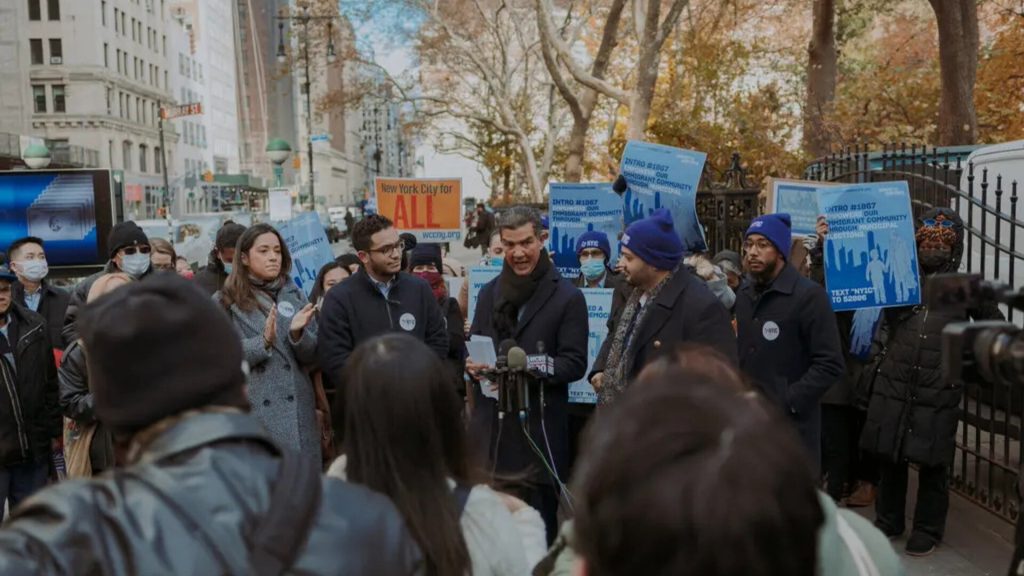
Council Republican leader Joe Borelli, also a plaintiff in the lawsuit, celebrated the victory from Israel, declaring “I won baby, I won.” Borelli asserted that “this was an easy case” and that “all the court had to do was read the state constitution and municipal law.”
What This Means for Noncitizen Voting Going Forward
The appeals court ruling striking down New York City’s noncitizen voting law deals a sizable blow to proponents of expanding municipal voting rights. The decision prohibits New York City and other municipalities across New York state from granting noncitizens the right to vote in local elections without first holding a referendum.
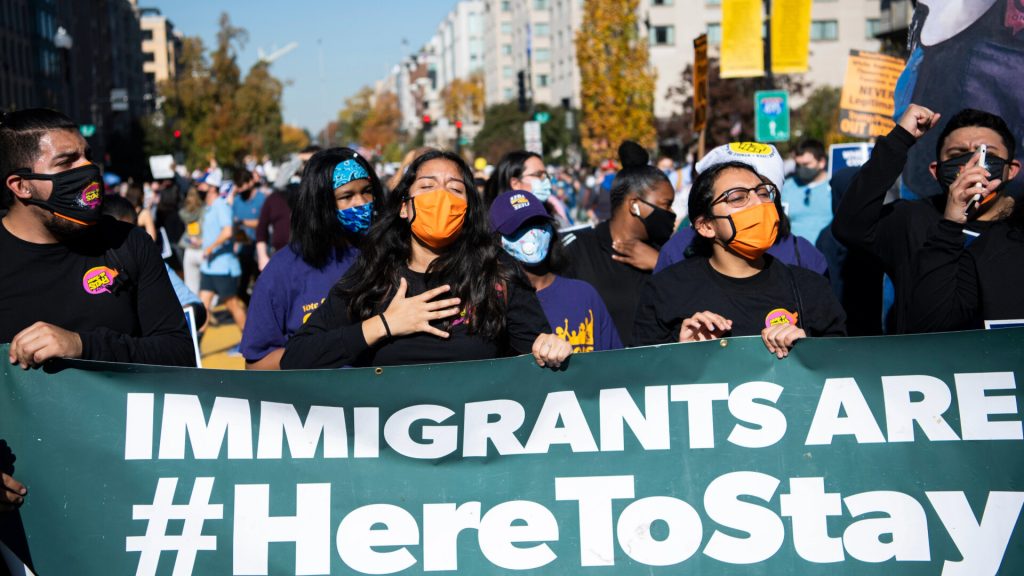
Advocates of noncitizen voting laws will face an uphill battle in overturning the ruling or passing similar legislation. The appeals court determined Local Law 11 violated the state constitution by changing voter qualifications without a referendum.

